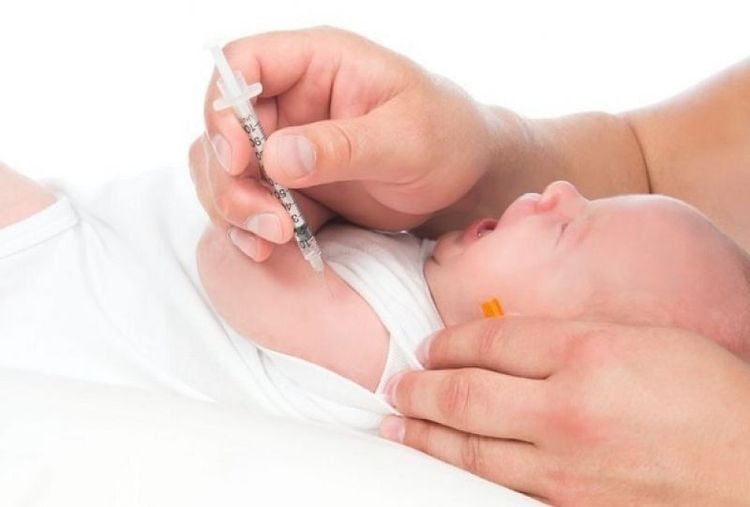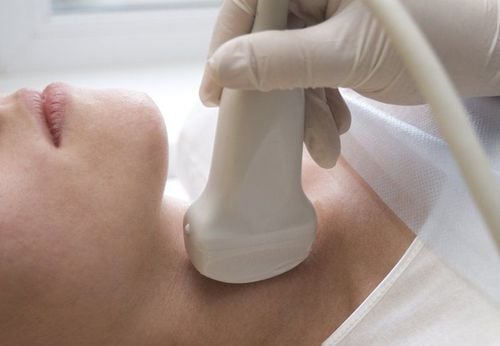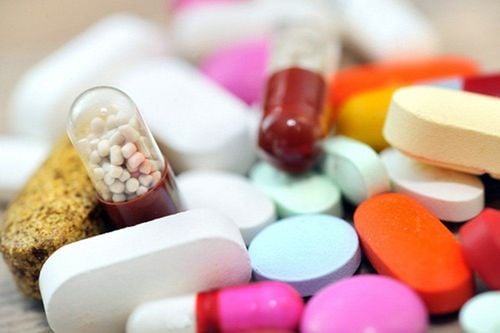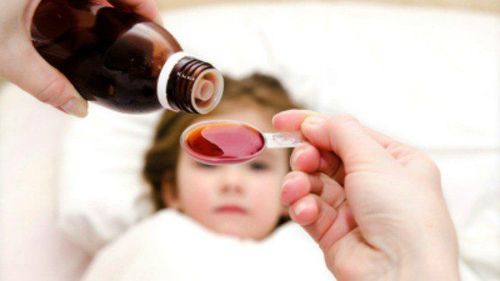This is an automatically translated article.
The article was professionally consulted by Specialist Doctor I Nguyen Thi My Linh - Neonatologist - Pediatrics - Neonatology - Vinmec Danang International General HospitalCurrently many people think that diabetes is only seen in adults, but in fact, there are still cases of newborns with diabetes. Neonatal diabetes is difficult to detect and treat.
1. Overview of neonatal diabetes
Neonatal diabetes is a very rare disease, with an incidence of only 1 in 500,000 cases. However, if a newborn has diabetes, it will be extremely dangerous because it can easily lead to death. Newborn diabetes before 6 months of age is not type 1 diabetes, but is often referred to as "monogenic diabetes" or "diabetes diagnosed before 6 months of age". This is also different from neonatal hyperglycemia, which usually appears in premature babies 3 to 5 days after birth, can last up to 10 days, and stabilizes after 2 to 3 days.Neonatal diabetes occurs in children before 6 months of age (possibly up to 12 months of age) and is classified into 3 types:
Transient neonatal diabetes mellitus (TNDM); persistent neonatal diabetes mellitus (PNDM); Syndromic NDM (syndromic NDM). Causes of infant diabetes include:
Inheritance from parents; Stress increases hormones related to blood sugar; Gene mutation. Neonatal diabetes is often detected late due to silent, difficult to recognize and nonspecific manifestations. Most families with a newborn with diabetes are still unaware of the disease. This is the cause of the delay in the detection of the disease, and the patient is only taken to the emergency room when he is in a serious condition, lethargic and comatose.
Therefore, health promotion and education, helping parents recognize early signs of the disease and take their children to the doctor in time is the key to saving the lives of newborns with diabetes. For the treatment of neonatal diabetes, it is necessary to successfully control the child's blood sugar and lower the blood sugar by insulin and fluid infusion.
2. Signs to help detect neonatal diabetes
As mentioned, neonatal diabetes often has insidious and non-specific manifestations that are easy for adults to ignore. Specifically:Visible fatigue;

The fact that hospitals have received a number of cases of pediatric patients hospitalized in critical condition due to neonatal diabetes:
Lying in bed; Shortness of breath; Severe metabolic acidosis; Severe dehydration. At this time, the blood sugar is already high, the newborn with diabetes must be immediately transferred to the intensive care unit for active and urgent emergency. After treating hypoglycemia with insulin and fluid infusion, if the patient is out of danger, he still has to be transferred to the Department of Endocrinology - Metabolism - Genetics to continue treatment according to the diagnosis of neonatal diabetes. .
3. Treatment of neonatal diabetes
The treatment of newborns with diabetes is said to be very elaborate and complex and must meet 2 factors:Maintain optimal blood glucose levels; Ensure the development of children. In which, the most difficult factor, and also the most important, is the successful control of blood sugar in children. At first, to achieve both of these goals requires blood tests and injections several times a day. For example, for infants with diabetes under 2 months of age, the treatment regimen is usually:
Perform 4-6 insulin injections per day; Take blood from the tip of your toe or finger to test your blood sugar and blood sugar 5 times a day.

There is now a new method for the treatment of neonatal diabetes, which is an automatic subcutaneous insulin pump. However, this method is quite expensive and the technique of subcutaneous injection is not easy.
For teenagers, if they have diabetes, they need psychological support during treatment. Adhering to the treatment regimen and good monitoring will help diabetics lead a normal life like a healthy person. However, this is just a simple theory for the elderly. In fact, it is quite difficult to get a child to strictly follow a diabetes-specific regimen.
Therefore, to effectively treat diabetes in children requires not only a professional medical team, but also the active cooperation of the patient himself and especially his family members.
In short, diabetes - a disease that many parents think is only found in adults, in fact still occurs in babies, although it accounts for a very rare proportion. Newborns with diabetes will be difficult to detect and extremely difficult to treat. Successful treatment of neonatal diabetes requires early diagnosis, as well as the cooperation of the patient and family. Late detection or incorrect treatment can lead to rapid progression of the disease, severe complications, and even death.
As a key area of Vinmec Health system, Pediatrics Department always brings satisfaction to customers and is highly appreciated by industry experts with:
Gathering a team of top doctors and nurses in Pediatrics : consists of leading experts with high professional qualifications (professors, associate professors, doctorates, masters), experienced, worked at major hospitals such as Bach Mai, 108.. Doctors All doctors are well-trained, professional, conscientious, knowledgeable about young psychology. In addition to domestic pediatric specialists, the Department of Pediatrics also has the participation of foreign experts (Japan, Singapore, Australia, USA) who are always pioneers in applying the latest and most effective treatment regimens. . Comprehensive services: In the field of Pediatrics, Vinmec provides a series of continuous medical examination and treatment services from Newborn to Pediatric and Vaccine,... according to international standards to help parents take care of their baby's health from birth to childhood. from birth to adulthood Specialized techniques: Vinmec has successfully deployed many specialized techniques to make the treatment of difficult diseases in Pediatrics more effective: neurosurgery - skull surgery, stem cell transplantation. blood in cancer treatment. Professional care: In addition to understanding children's psychology, Vinmec also pays special attention to the children's play space, helping them to have fun and get used to the hospital's environment, cooperate in treatment, improve the efficiency of medical treatment.
Please dial HOTLINE for more information or register for an appointment HERE. Download MyVinmec app to make appointments faster and to manage your bookings easily.














